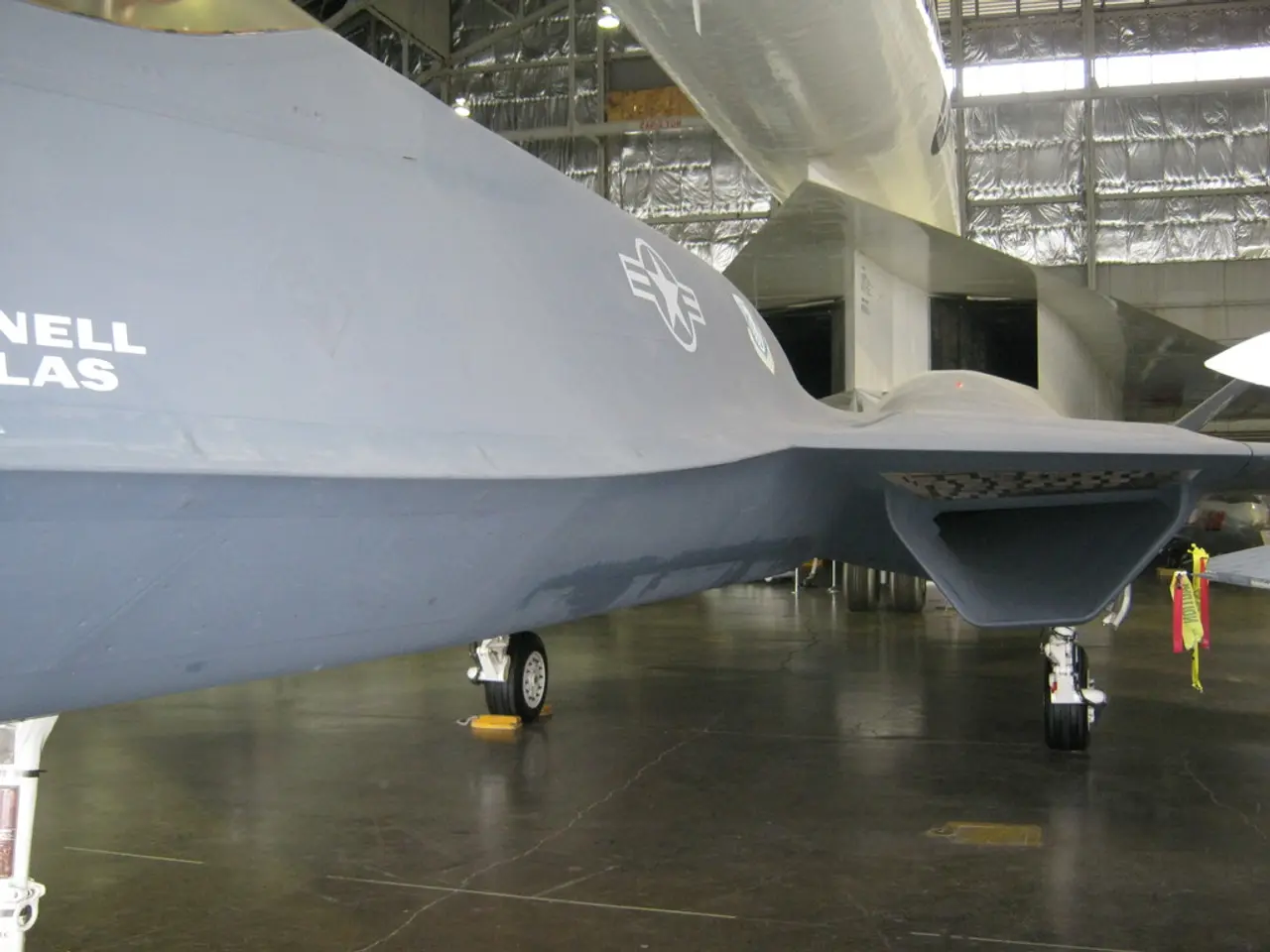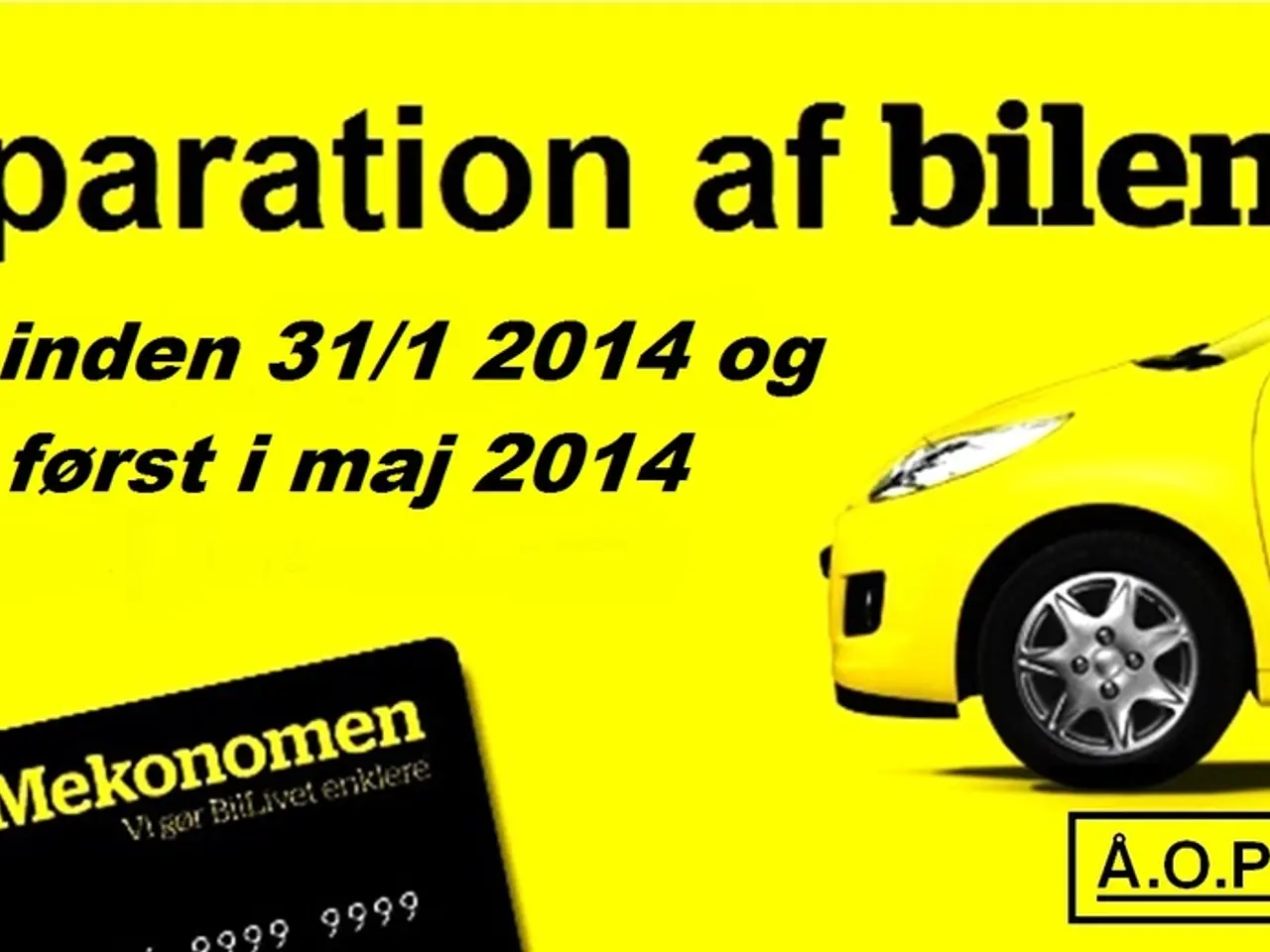China Allegedly Sabotaged Rafale Sales After India-Pakistan Tensions Through Embassy Interventions: Investigation Finds
**China Accused of Disinformation Campaign Against French Rafale Fighter Jets**
A significant disinformation campaign targeting the French-made Rafale fighter jets has been uncovered, with China allegedly attempting to undermine the aircraft's global reputation and sales. This campaign intensified following the deployment of Rafale jets during the May 2025 clashes between India and Pakistan.
China's strategy involved various tactics, including the use of diplomatic channels and sophisticated online disinformation techniques. Chinese embassies and defense attachés actively engaged with officials and counterparts in countries that have ordered the Rafale or are potential buyers, seeking to convince these countries to reconsider or cancel Rafale deals and instead favor Chinese-made fighter jets.
The disinformation campaign included disseminating doctored images, viral social media posts, AI-generated content, and video-game-like simulations showing Rafale jets being destroyed. This content was spread via over 1,000 newly created social media accounts to create doubts about the Rafale's reliability and performance. Countries like Indonesia, which has already ordered 42 Rafale jets and is contemplating additional purchases, were specifically targeted to dissuade further acquisitions of the French fighters.
The disinformation attempted to portray Chinese defense products as superior while systematically attacking Rafale's credibility. By doing so, China aimed to not only impact Rafale sales but also to undermine France's defense industrial base and broader image of strategic autonomy and reliability.
The Rafale is a strategically important product for France, representing advanced military technology and significant export value. Undermining its sales weakens France's defense industry and diminishes its influence in key international markets. By promoting Chinese alternatives and discrediting Western competitors such as the Rafale, China seeks to expand its own defense exports and geopolitical influence in Asia and other regions.
The campaign followed heightened tensions in the India-Pakistan conflict, where Rafale jets were prominently involved. Pakistan’s claims of shooting down Rafales—though disputed by France and India—were leveraged by China to amplify negative narratives about the Rafale's combat effectiveness.
France's Defense Ministry has confirmed the existence of this "vast campaign of disinformation" orchestrated by China. The country has denounced these efforts as attempts to undermine national image, industrial credibility, and international defense partnerships. China, however, has denied the allegations, characterizing them as "groundless rumours and slander."
Justin Bronk, an airpower specialist, suggested that China may be hoping to weaken the security relationships that France is building with Asian nations by spreading worries about the equipment it supplies. The campaign may also be using the performance of Pakistani weapon systems, or at least purported performance, in downing at least one Rafale as a tool to undermine its attractiveness as an export in the region.
[1] The Associated Press, "France: China's Embassies Undermining Rafale Sales," 2025. [2] Reuters, "France Accuses China of Disinformation Campaign Against Rafale Jets," 2025. [3] BBC News, "India-Pakistan Clashes: The Role of Rafale Jets," 2025. [4] Defense News, "China's Disinformation Campaign Against Rafale Jets," 2025.
China's finance and diplomatic sectors allegedly collaborated to launch a disinformation campaign against the Rafale fighter jets, a significant export for France in the field of science, technology, and industry. This campaign, expanding on political and strategic interests, involved spreading doubt about the aircraft's reliability and performance through various forms, such as social media posts, AI-generated content, and video-game simulations.
China's space-and-astronomy relationship with Indonesia, a potential buyer of more Rafale jets, was exploited by this campaign to discourage further purchases. By discrediting the Rafale, China aimed to bolster the credibility of China-made fighter jets and expand its defense exports, thereby enhancing its geopolitical influence.
Tensions in war-and-conflicts, including the India-Pakistan conflict where Rafale jets played a crucial role, were leveraged by China to amplify negative narratives about the Rafale's combat effectiveness. Reports suggest that the campaign also targeted the Rafale's reputation and credibility in the realm of crime-and-justice, questioning the aircraft's integrity and ethics.
General-news outlets worldwide have reported on this disinformation campaign, shedding light on its implications for France's industrial base, strategic autonomy, and international partnerships. The consequences of this campaign extend beyond the defense sector, impacting broader aspects of China-France relations and international defense trade.
Experts, such as airpower specialist Justin Bronk, have suggested that China's disinformation strategy is aimed not only at weakening Rafale sales but also at sewing discord in France's security relationships with Asia, and undermining the attractiveness of Western defense exports in the region.




